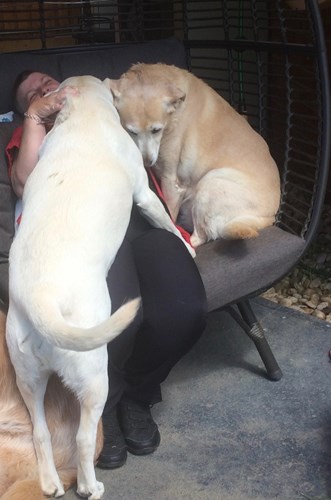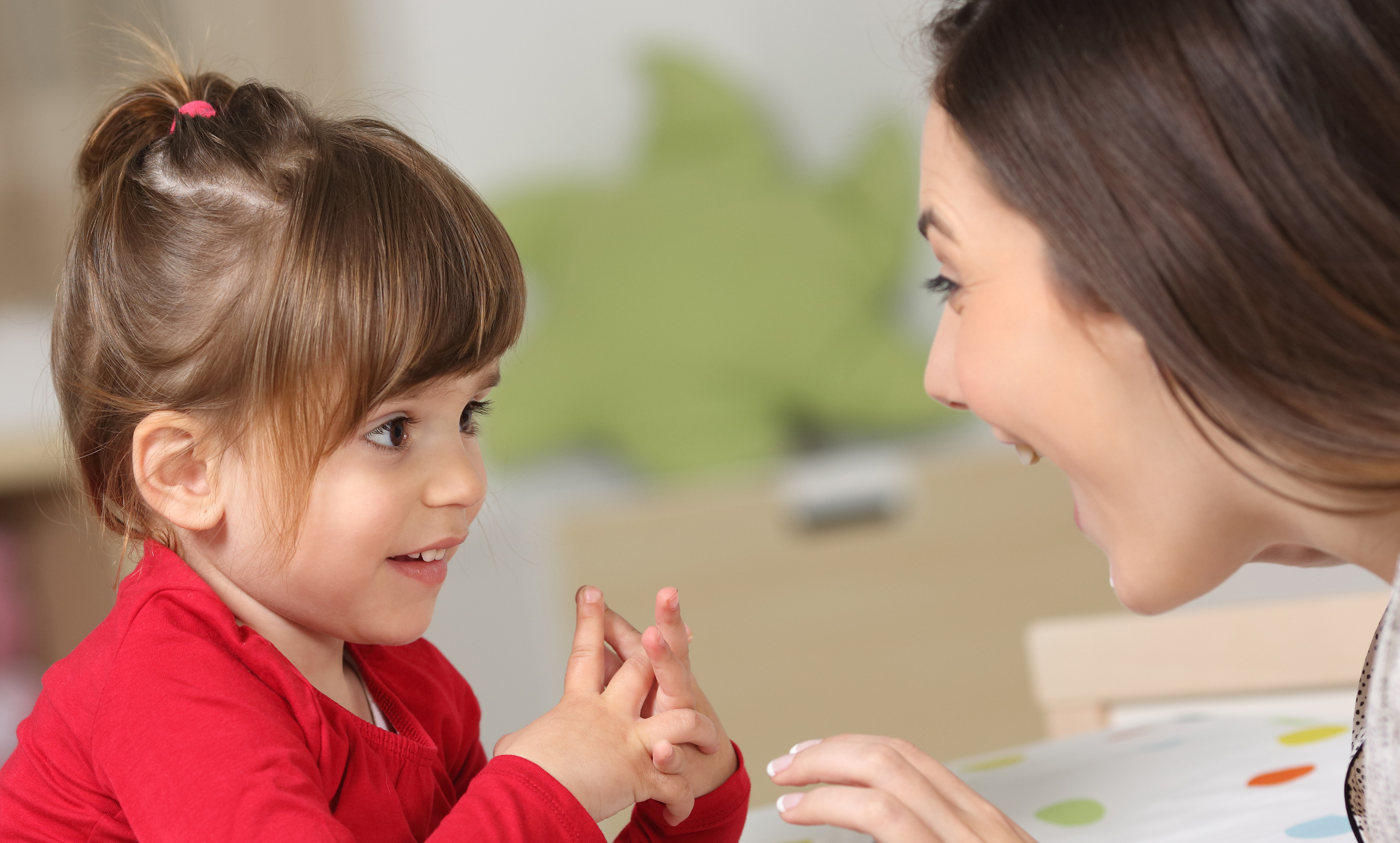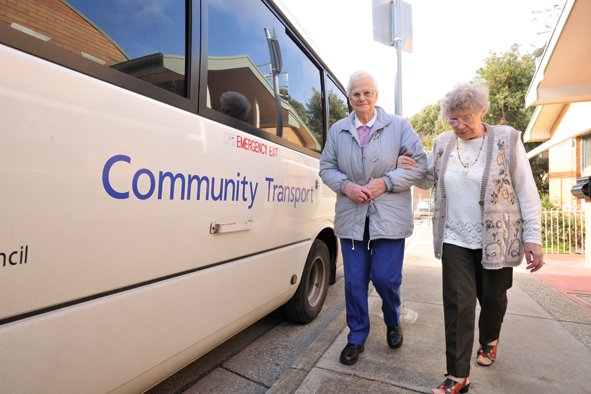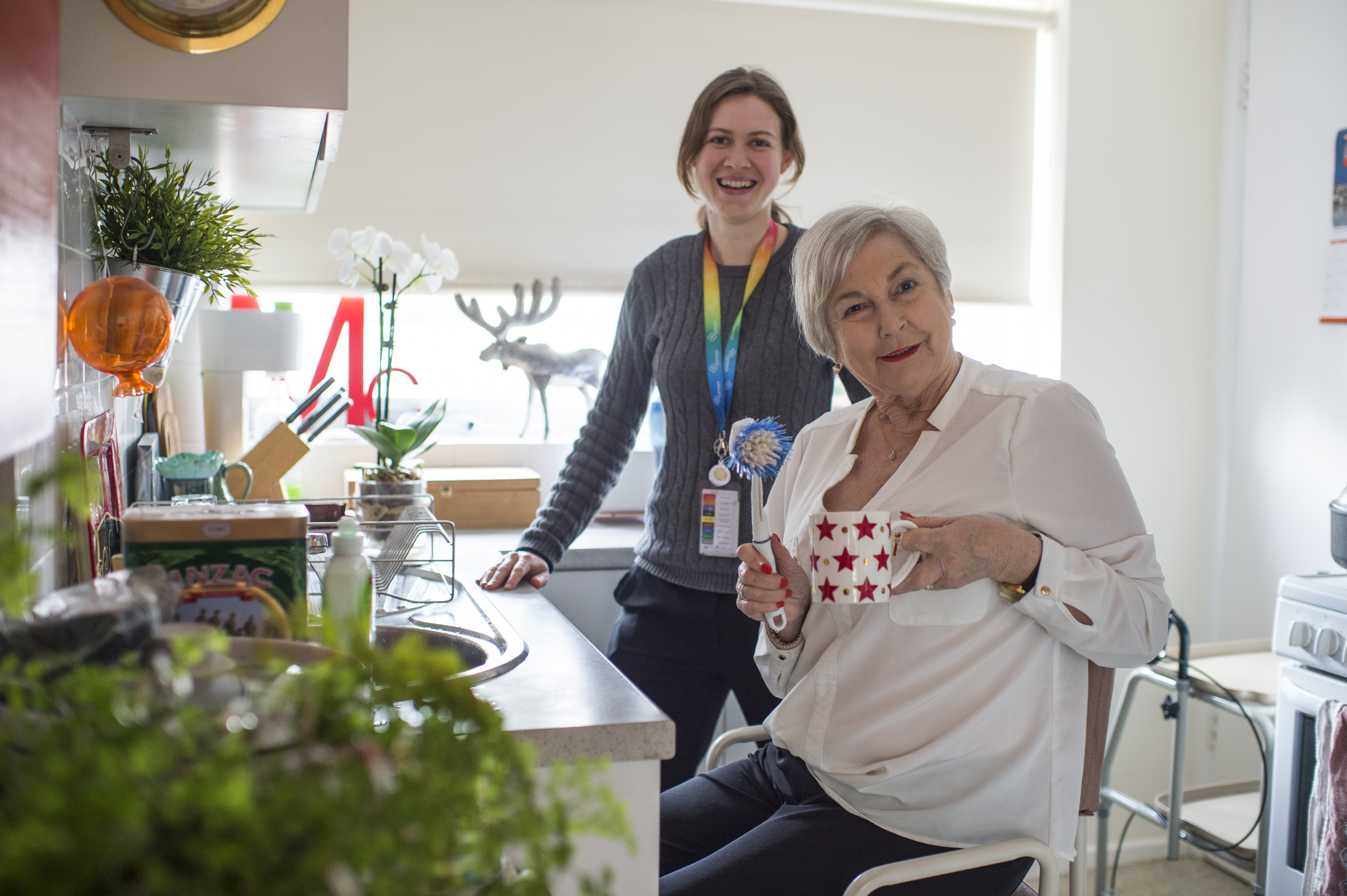Select from the following services

It has been about 10 weeks since I have been to the Connect Health & Community building because of coronavirus in Australia.
I don’t know how my two dogs are going to adjust when I go back to work and leave the house, because at the moment I can’t even go to the toilet without one of them following me.
My two dog’s names are Wine and Sherry, Wine is nearly 13 years old and Sherry is nearly 7 years old.
As I am typing this up, Sherry is under my desk and Wine is beside me, so I don’t go anywhere. They’re watching every move I make.
A lot of us who have jobs to go back to will eventually have to return to the office, and this will bring a big change to our pets’ lives. We will not be there to talk, play or walk with them after months of them being used to us being with around 24 /7.
Now that we are gaining more freedoms each week, we should start to think about how we can help our pets adjust to our impending ‘new’ routine - before we actually go back to work. Because we know it is going to be hard on us when we do return to our work place, as well as our pets.
By starting sooner, rather than later we can make the change easier for us all. And there are some simple things we can do to prepare them for when we go back to work:
Your pet may have some separation anxiety issues and it will be hard for them for weeks, which is why we should start now to make it a lot easier when we do return to work. Some things we can do to make it easier on them over this time include:
It is important to know if your pet is showing signs of separation anxiety before you head back to work. These symptoms include:
Pets can struggle with separation anxiety and they can destroy things when you are gone. Commonly pets with separation anxiety:
When you do return home at the end of the day or night, your pet feels as though you have been for years, not just a day.
If your pet is still having trouble with being separated from you, you may need to consider talking to a dog trainer, as often their concerns do not simply go away.
Of course, it is not only pets that have separation anxiety, we do too.
I think I am going to have trouble letting go of my two dogs, too. I wonder if I could bring them to work?
Best of luck all the staff and volunteers at Connect Health & Community as we return to work in coming weeks.
-Leesa
A youth mental health initiative developed with students during Victoria’s lockdowns, is hoped to help reduce the stigma surrounding mental health issues and encourage teens to seek help early.
Read MoreOur Health Promotion team is supporting early learning centers through the Achievement Program, an initiative that helps services create a healthier environment for their students, staff and families.
Read MoreThis Children’s Week, we asked our paediatric team to share some of their favourite activities for kids that embrace the importance of play for a healthy lifestyle.
Read More
Speech pathologists provide assessment and management of communication, swallowing and feeding difficulties.
Read More
We have been offering safe and quality door-to-door transport options to our community since 1975.
Read More
We provide Occupational Therapy to help children, adults and those experiencing mental health issues, to achieve their full potential.
Read MoreSelect from the following services